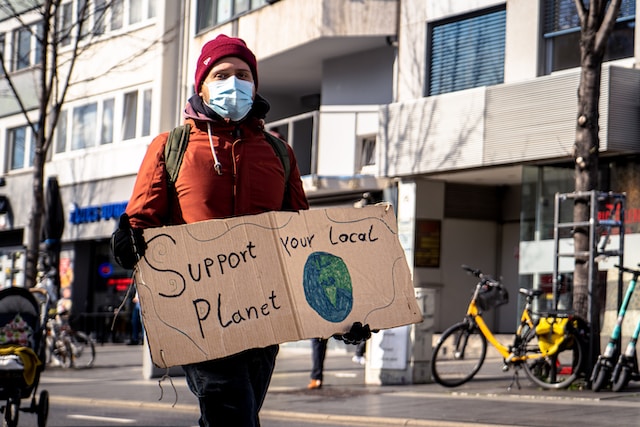
Our planet’s health is hanging by a thread, and staying informed about the latest environmental updates and developments is crucial. Our team dedicatedly collates breaking news, innovative solutions, and emerging trends from around the world to keep you in the loop on the pressing issues affecting our environment. Brace yourself for an unvarnished account of our planet’s triumphs, setbacks, and everything in between.
Climate Change Updates
The Earth’s temperature continues to climb, with each passing year setting new records. Rising temperatures are not only a clear indicator of climate change but also contribute to more frequent and intense heatwaves around the world. This, in turn, heightens the risk of heat-related illnesses, puts strain on infrastructure, and challenges agricultural productivity.
Extreme Weather Becomes the New Normal
As our planet warms, the frequency and severity of extreme weather events continue to escalate. Devastating hurricanes, intense droughts, and catastrophic floods have become distressingly common occurrences. These events result in the loss of lives, destroy homes and livelihoods, and strain resources for recovery and reconstruction efforts. It is clear that we must adapt to this new reality and develop strategies to mitigate the impacts of such events.
Shifting Habitats and Species Distribution
The changing climate is causing significant disruptions to ecosystems worldwide. As temperatures rise and precipitation patterns shift, habitats that have supported certain species for centuries are undergoing rapid transformations. This forces many plants and animals to migrate or adapt to new conditions, often resulting in imbalances and irreversible losses in biodiversity.
The polar regions and glaciers serve as the world’s climate regulators, but they are now bearing the brunt of global warming. Arctic ice caps are melting at an alarming rate, threatening the habitat of iconic species like polar bears and seals. Similarly, glaciers in mountainous regions are receding, leading to water scarcity and posing risks for communities that rely on them for freshwater supply.
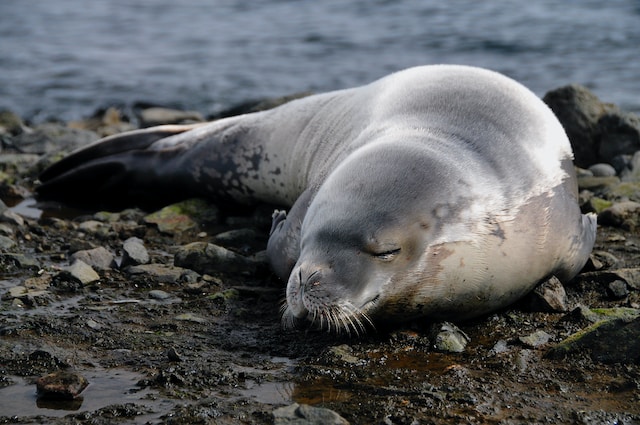
Transitioning to Renewable Energy
The pursuit of renewable energy sources, such as solar and wind power, offers hope in mitigating climate change.
Many countries are investing in clean energy infrastructure and transitioning away from fossil fuels, which are the primary drivers of greenhouse gas emissions. This shift not only reduces pollution but also promotes economic growth and job creation in the renewable energy sector.
Advancing Sustainable Agriculture Practices
Addressing climate change also requires transforming our agricultural practices. Implementing sustainable farming techniques, such as organic practices, agroforestry, and precision agriculture, reduces emissions, enhances soil health, and fosters resilience to changing climatic conditions. Embracing these approaches empowers farmers to adapt to the impacts of climate change while ensuring food security for future generations.
Climate change is a global challenge that requires global solutions. International cooperation and policy agreements, like the Paris Agreement, play a vital role in driving progress towards mitigating and adapting to climate change. By coming together, nations can pool resources, share knowledge, and implement strategies to tackle this crisis on a global scale.
Environmental Policies and Regulations
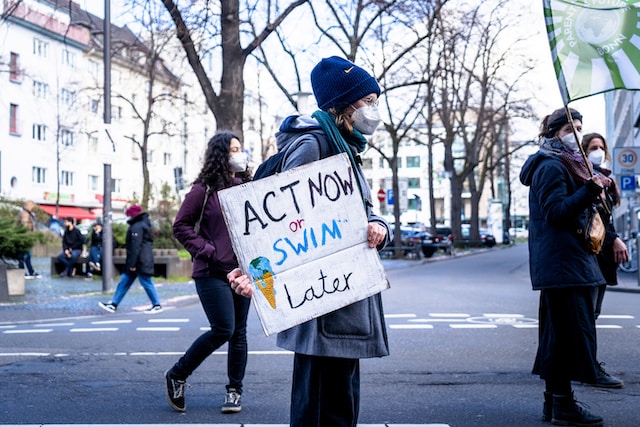
In the face of escalating environmental challenges, governments worldwide are recognizing the urgent need to enact robust policies and regulations to protect our planet.
These measures aim to curb pollution, preserve biodiversity, and promote sustainable development. By implementing and enforcing these laws, we can create a framework that guides industries and individuals toward responsible environmental practices.
Environmental news wouldn’t be complete without mentioning the groundbreaking international agreements shaping global environmental policies. The Paris Agreement, signed by nearly 200 countries, aims to limit global warming and reduce greenhouse gas emissions. This accord signifies a commitment to collective action and sets the stage for a greener, more sustainable future. Additionally, other agreements, such as the Convention on Biological Diversity, focus on preserving and sustainably utilizing Earth’s biodiversity.
- Promoting Circular Economy and Waste Management
One of the pressing environmental issues is the management of waste and the promotion of a circular economy. Governments are now encouraging innovation and investing in waste management infrastructure to minimize landfill waste and increase recycling rates. By adopting circular economy principles, which prioritize resource efficiency and waste reduction, we can move towards a more sustainable and resilient future.
- Protecting Natural Resources and Biodiversity Hotspots
Preserving natural resources and safeguarding biodiversity hotspots is crucial for maintaining the delicate balance of our ecosystems. Governments are implementing regulations to protect vulnerable habitats, such as rainforests, coral reefs, and wetlands. By designating protected areas and promoting sustainable land use practices, we can ensure the longevity of these invaluable natural resources.
- Investing in Green Technologies and Infrastructure
To combat environmental degradation, governments are investing in green technologies and sustainable infrastructure. This includes developing renewable energy sources, improving public transportation, and reducing dependence on fossil fuels. By embracing innovative solutions and adopting environmentally friendly practices, we can build resilient communities and pave the way for a low-carbon future.
- Strengthening Environmental Education and Awareness
Education plays a pivotal role in creating a sustainable future. Governments are recognizing the importance of environmental education and awareness campaigns to empower individuals with the knowledge and tools needed to make eco-conscious choices. By fostering a sense of environmental stewardship from a young age, we can cultivate a generation of responsible global citizens who are committed to preserving our planet.
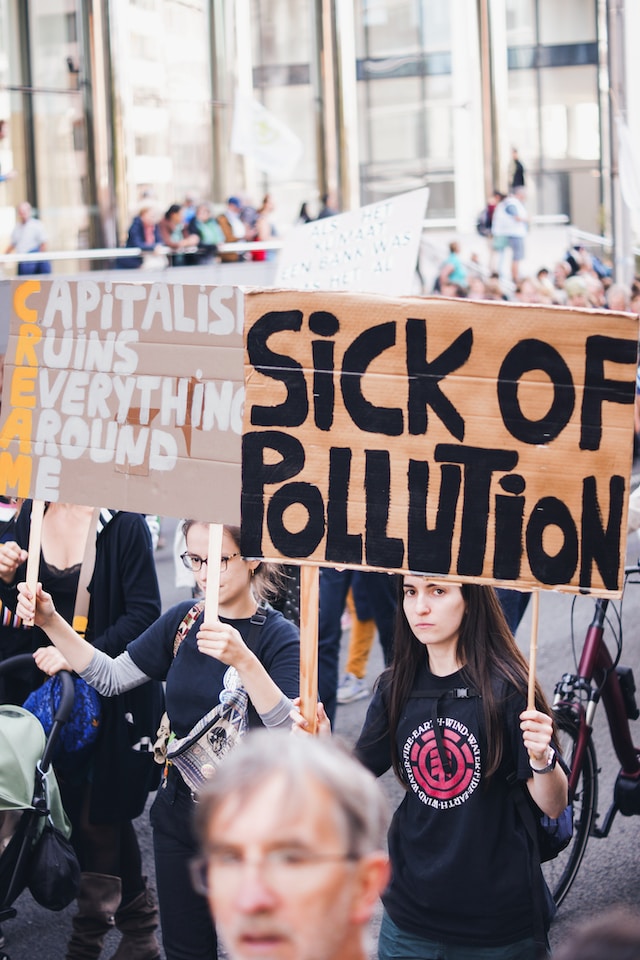
Implications and Future Outlook
1. Urgency of Action: The environmental challenges we face today require immediate and decisive action. The implications of inaction are grave, as continued degradation of our planet will lead to irreversible consequences for future generations. It is crucial that individuals, communities, and governments come together to prioritize sustainability and implement effective solutions.
2. Interconnectedness of Issues: Environmental news highlights the interconnectedness of various issues impacting our planet. Climate change, habitat loss, pollution, and resource depletion are all intertwined and exacerbate one another. Addressing these challenges requires a holistic approach that considers the broader environmental context.
3. Policy and International Cooperation: The future outlook for environmental news is heavily dependent on the implementation of robust policies and international cooperation. Governments must prioritize the environment in their decision-making, investing in sustainable infrastructure, and enforcing regulations to protect natural resources. Collaborative efforts and global agreements are essential for achieving significant progress in combating climate change and preserving biodiversity.
4. Innovation and Technology: Technological advancements hold great potential in addressing environmental challenges. Developments in renewable energy, clean technologies, and data analysis can revolutionize the way we tackle issues such as pollution, resource management, and climate change. Continued investment in research and development is crucial for finding innovative solutions to protect our planet.
5. Role of Education and Awareness: Environmental education and awareness campaigns play a vital role in shaping public opinion and driving change. By empowering individuals with knowledge and fostering a sense of environmental stewardship, we can create a future where sustainable practices are the norm. Encouraging dialogue and engagement at all levels of society is key to achieving this vision.
6. Youth Leadership: The future of environmental news lies in the hands of the younger generation. Young activists and leaders are already making significant strides in raising awareness, demanding action, and inspiring change. Their passion and determination will continue to shape the environmental movement and drive us towards a more sustainable future.
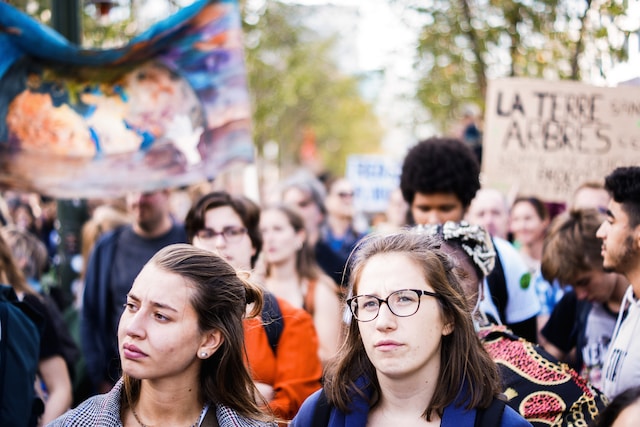
7. Collaboration with Indigenous Communities: Indigenous communities have a wealth of knowledge and wisdom about sustainable practices. Collaborating with these communities and respecting their rights and territories is essential for effective environmental conservation and management. By embracing indigenous perspectives, we can foster innovative solutions and ensure the preservation of both cultural heritage and the environment.
8. Media’s Role: The media plays a crucial role in amplifying environmental news and shaping public opinion. Responsible and accurate reporting, investigative journalism, and compelling storytelling can raise awareness, hold decision-makers accountable, and motivate individuals and communities to take action. Investment in environmental journalism can contribute to a well-informed society capable of understanding and addressing environmental challenges effectively.
Environmental news provides insights into the pressing issues plaguing our planet and highlights the actions and innovations needed for a sustainable future. It brings awareness to the urgent need for action, emphasizes the interconnectedness of environmental challenges, and provides hope through innovation, education, and collaboration. By staying informed and taking individual and collective responsibility, we can shape a better future for ourselves and generations to come.


